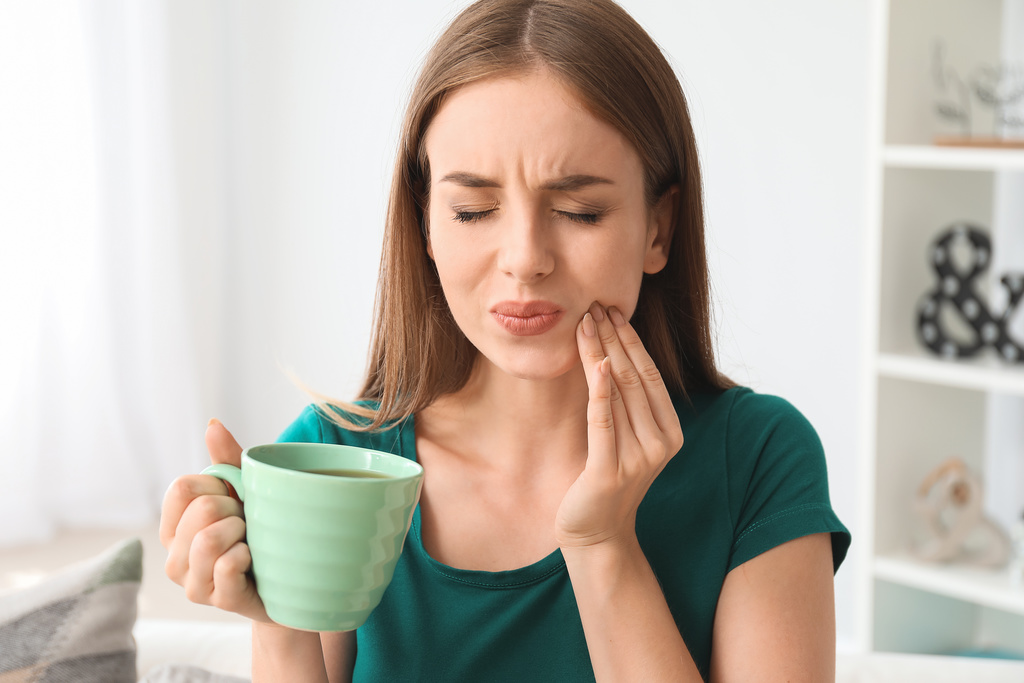
A meal shared with friends or family should always be a pleasant occasion. However, this can be a nerve-wracking event if you have sensitive teeth because you never know which foods might cause significant tooth pain. It is an issue that can diminish your quality of life and prevent you from enjoying the time spent with your loved ones. Thankfully, even if you don’t have time to visit a dentist in Jonesboro, there are still ways to reduce your tooth sensitivity at home. The following are simple tips that you can incorporate into your daily life to mitigate this issue.
#1 – Use Desensitizing Toothpaste
Toothpaste can be used for more than just keeping your teeth clean. There are many over the counter toothpastes available that can help reduce how sensitive your teeth are to certain foods. These products contain unique ingredients such as potassium nitrate that cover the surface of a tooth and reduce the transmission of pain signals when it comes into contact with something hot or cold.
#2 – Skip Whitening Products
Whitening trays and strips that you can find in the supermarket contain chemicals that break down and remove stains from the surface of your teeth. Unfortunately, they can also expose and irritate areas of your teeth that might be sensitive. If you want to whiten your teeth without over the counter products, you will need to speak to your dentist in Jonesboro about potential alternatives.
#3 – Brush Gently to Protect Your Teeth
Regular brushing is key to keeping your teeth healthy, but brushing with too much force can actually have the opposite effect. Rough, vigorous brushing can actually wear away the enamel and gum tissue, exposing the more sensitive parts of your teeth. To prevent this, try brushing gently with a soft-bristled toothbrush.
#4 – Avoid Acidic Foods
Some foods contain strong acids which accelerate the breakdown of enamel on already sensitive teeth. By reducing how often you eat foods such as citrus fruits, carbonated sodas, coffee, and wine, you can protect the enamel and prevent noticeable increases in tooth sensitivity.
#5 – Use a Fluoride Mouthwash
Fluoride is a chemical compound that has been used for years to strengthen teeth. You’ve probably had to rinse your teeth with it at the dentist’s office. Doing so at home can also be a big help. Mouthwash containing fluoride will fortify the enamel layer on your teeth, which in turn will reduce sensitivity.
By incorporating these tips into your life, you’ll be able spend less time worrying about sensitivity and more time savoring the foods you want with the people you care about.
About the Author
Dr. Sarah Yarnell believes in providing patients with comprehensive dental care at her practice. Her many years of experience combined with her specialized training in sedation dentistry ensures that she can handle any dental issue you may face with a personalized, pain free approach. If you would like to know more about the treatment options available for tooth sensitivity, you can reach her at her website, or at (870) 932-8488.
